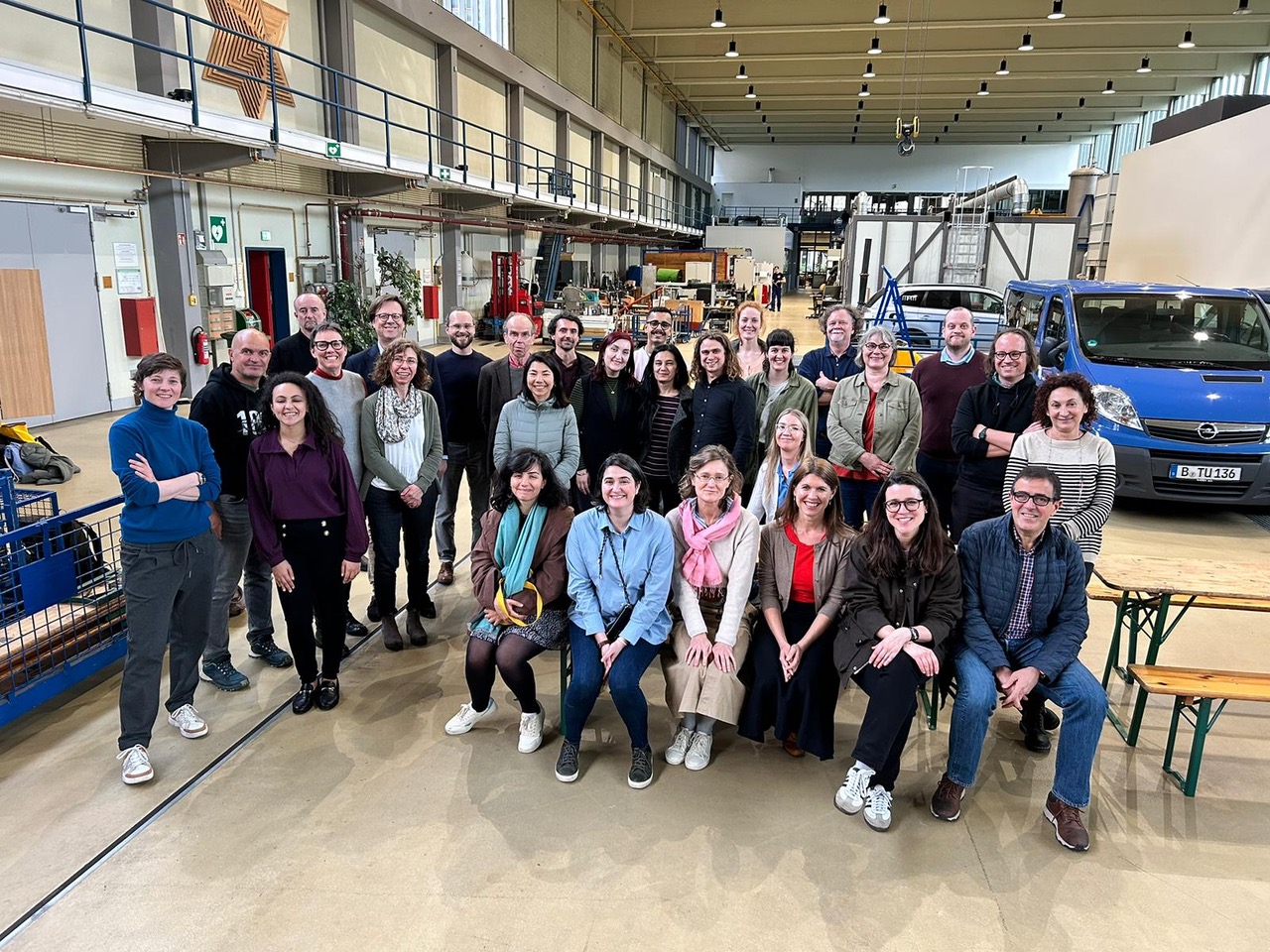Democracy in Engineering Education The underlying question "Crocodile or Octopus?" was not properly answered during…
Experiences of an online conflict management course to support Problem and Project-Based Learning

Aalborg University, Denmark
Problem and project-based learning (PBL) is the primary learning philosophy at Aalborg University in the Northern part of Denmark, especially at the engineering programs. Half the curricula each semester is spent on project work in groups of 5-8 students and the way they carry out this group work is a target for examination, especially in the first year. To support and enhance the practical experiences a five-ECTS course on the project and problem-based learning are taught in the 1st semester of every technical program. A course that since the early days of the university has contained subjects like problem design and analysis, project management, group collaboration, and communication as well as metacognitive reflection skills.
In the spring of 2021, amidst a global pandemic, with both teachers and students working from home, we launched a bouquet of brand new initiatives to develop the PBL model by adding what we call ‘PBL workshops’ to the entire string of engineering education from 2nd until 8th semester. Initiatives that have been developed over some time with the idea being to keep the PBL flame burning throughout the whole university experience, adding more substance and ‘hands on’ to the PBL curricula and accommodating for a more individual choice of subject at each individual program.
Specifically, each engineering program was asked to choose three PBL workshops from a PBL workshop ‘menu’ put together by the PBL teachers. Subjects like conflict management, digital skills, cooperation across groups and semesters and interdisciplinary communication have been chosen for the 2nd semester, culminating in an additional 8th semester workshop at all programs on competences and skills. Following this workshop every student has to write an individual profile on acquired PBL skills and competences, which has to be approved before the final project exams at the 8th semester.
Now, what have we learned from these initiatives, especially in a situation where the usual channels for teaching and communication amongst faculty are closed down and all staff and students are confined to teams and zoom with groups members being physically separated?
We are still in the midst of evaluating our first experiences. One thing we learned is how to pull off the hands-on course on conflict management online. Conflict management wasa popular choice amongst our programs. For example, all our computer science programs choose it. Instead of a full 3-hour face-to-face session asking people to try out active listening exercises and role-play, we gave a small introduction online, included some thought-provoking videos and sent the groups into break out rooms to reflect on their practices. We took part in some of the individual group discussions and facilitated an online plenum discussion based on this input afterwards.
The initial feedback we got from the students was positive, some even asked for more. To me, this indicates 1) that the subject of conflict management is important for our engineering students and 2) that it is doable online, even if I do suspect that face-to-face will add genuine quality to the teaching.

